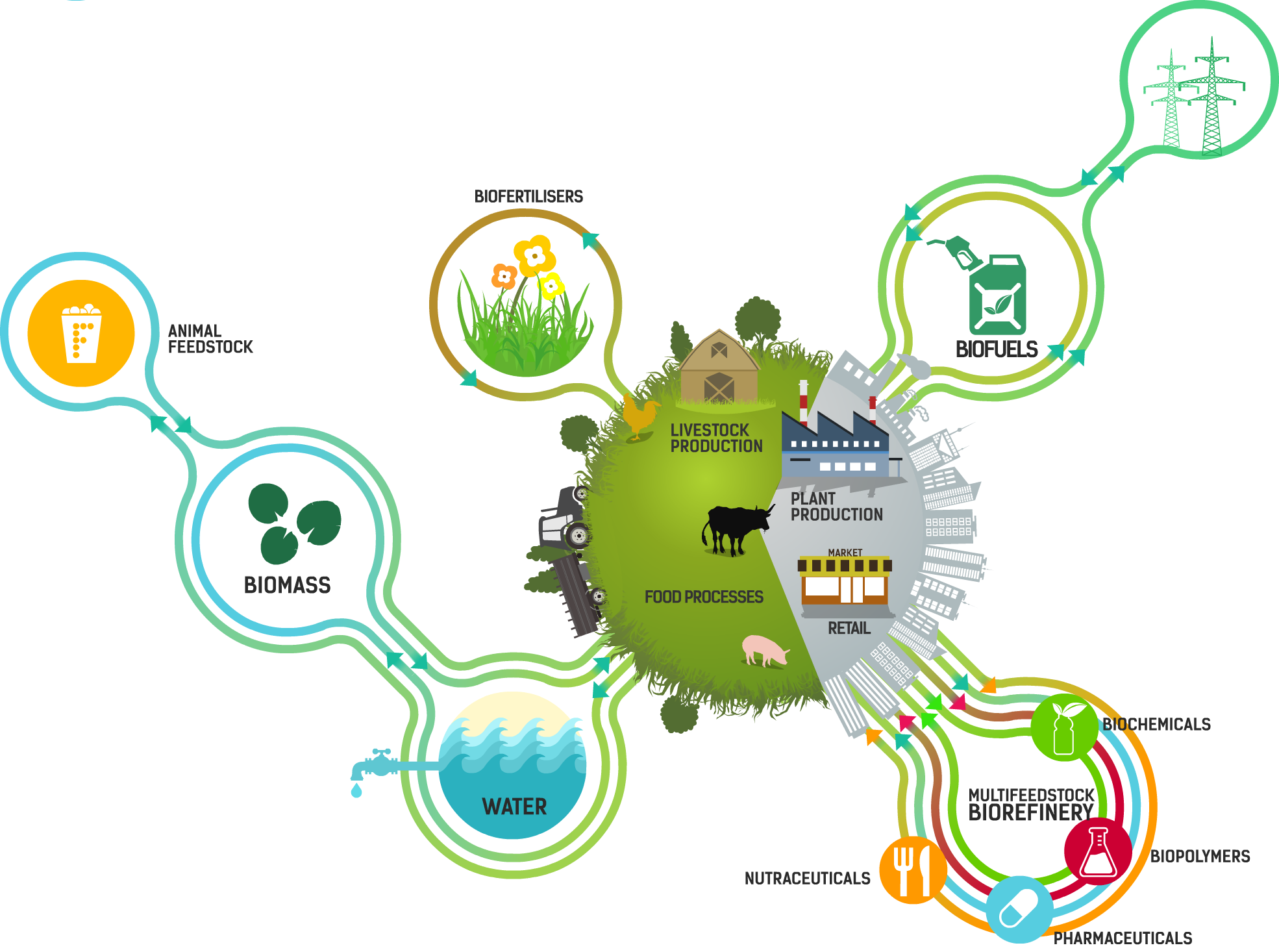Agri-Food Waste Valorization For Resource Recovery
Recycling and valorization of agri-food waste has become increasingly important in today's world. As our population continues to grow, so does the amount of waste we produce. If we don't take action now, we risk causing irreversible damage to our planet. Fortunately, there are innovative solutions being developed to tackle this issue head-on.

Agri-food waste refers to the byproducts and leftovers from agricultural and food production processes. These wastes often end up in landfills, where they decompose and release harmful gases into the atmosphere. This contributes to climate change and pollutes our air, soil, and water resources.
However, with advancements in recycling and valorization technologies, we can turn this waste into valuable resources. By adopting sustainable practices, we can minimize waste generation and maximize resource utilization.
What is recycling and valorization of agri-food waste? Simply put, it is the process of converting waste materials into useful products. This can be achieved through various techniques such as composting, anaerobic digestion, and bioenergy production.
What is composting?
Composting is a natural process of recycling organic waste, including agri-food waste, into nutrient-rich soil conditioner. It involves the decomposition of organic matter by microorganisms, such as bacteria and fungi, under controlled conditions. The resulting compost can be used to improve soil fertility and enhance plant growth.
Ideas for recycling agri-food waste
There are numerous innovative ideas being explored to recycle agri-food waste effectively. One such idea is the use of food waste as animal feed. By carefully processing and treating food waste, it can be transformed into high-quality animal feed, reducing the demand for traditional feed sources and offering a more sustainable alternative.
Another idea is the production of biogas through anaerobic digestion. This process involves the breakdown of organic materials in the absence of oxygen, resulting in the production of biogas, a renewable energy source. Agri-food waste can be utilized as a feedstock for anaerobic digestion, reducing our dependence on fossil fuels and lowering greenhouse gas emissions.
Recommendations for better waste management
Implementing effective waste management strategies is crucial to address the agri-food waste challenge. Here are some recommendations:
- Educate farmers and food producers about the importance of waste reduction and sustainable practices.
- Encourage the adoption of technologies and processes that facilitate the recycling and valorization of agri-food waste.
- Establish partnerships between different stakeholders, including farmers, government agencies, and recycling companies, to promote collaboration and knowledge exchange.
- Invest in research and development to explore and refine innovative waste management solutions.
Listicle of benefits of recycling agri-food waste
- Environmental benefits: Recycling and valorization of agri-food waste help reduce the amount of waste sent to landfills and minimize greenhouse gas emissions. This contributes to a cleaner and healthier environment.
- Economic benefits: By turning waste into valuable resources, recycling and valorization create economic opportunities, such as the production of renewable energy and the development of new industries.
- Social benefits: When we adopt sustainable waste management practices, we contribute to the well-being of our communities by protecting public health and preserving natural resources for future generations.
Question & Answer
Q: Does recycling and valorization of agri-food waste require a significant investment?
A: While there might be initial costs associated with implementing recycling and valorization systems, the long-term benefits outweigh the short-term expenses. Moreover, the economic returns from producing valuable products, such as compost and biogas, can offset the investment.
Q: Are there any challenges associated with recycling agri-food waste?
A: Yes, there are challenges that need to be addressed. One of the main challenges is creating awareness and changing the mindset of individuals and businesses to embrace sustainable waste management practices. Additionally, the establishment of proper collection, sorting, and processing systems is crucial for efficient recycling and valorization.
Summary
In conclusion, recycling and valorization of agri-food waste offer significant benefits for the environment, economy, and society. By adopting sustainable practices, we can reduce waste generation, minimize pollution, and create valuable products. It is essential for all stakeholders to work together to promote and implement effective waste management strategies. Only through collective efforts can we create a more sustainable and greener future for our planet.

Post a Comment for "Agri-Food Waste Valorization For Resource Recovery"